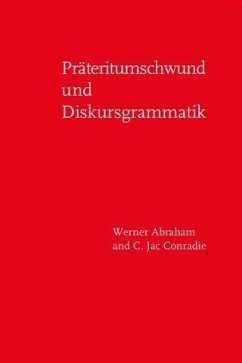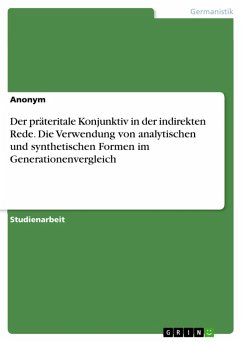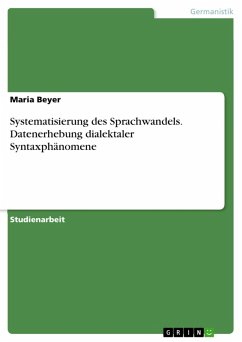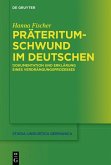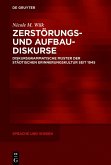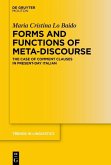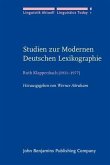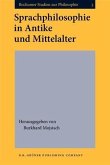This work demonstrates that what is commonly called 'preterite decay in Upper German' (PS; cf. German Präteritumschwund) is in fact a phenomenon common to a great number of European languages, all of which are in areal con-tact. However, the conclusion that this is a phenomenon arising under areal influence appears clearly mistaken - not only so because it would no more than postpone the search for the real trigger of this development. It will be shown, first, that the preterite loss in the languages under inspection comes in different states of completion. It will be seen that the loss of the preterite, under this perspective, German is by no means a completed process. Second, and what is more, it will be argued that the trigger for this decay of the synthetic preterite and its replacement by analytic preterite forms is the specific criteria under which oral (as opposed to written) communication is executed. Counter to the rich, existing literature on the topic, a number of parsing principles will be claimed to be responsible for this diachronic development yielding different results due to a different execution of these principles.
Dieser Download kann aus rechtlichen Gründen nur mit Rechnungsadresse in A, B, BG, CY, CZ, D, DK, EW, E, FIN, F, GR, HR, H, IRL, I, LT, L, LR, M, NL, PL, P, R, S, SLO, SK ausgeliefert werden.

